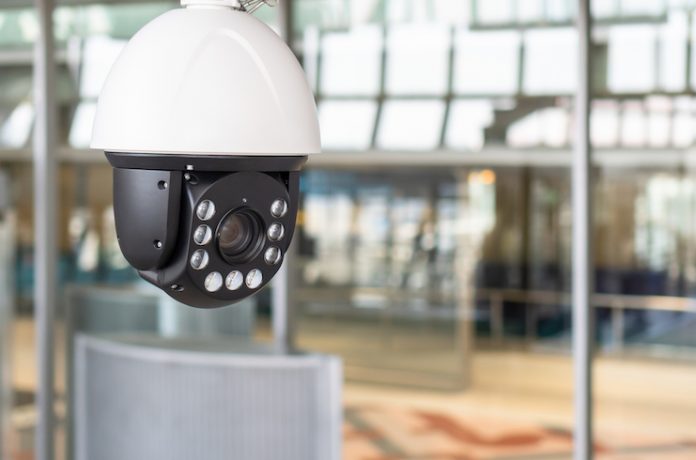
With many hotel industry experts predicting a strong summer travel season, it’s time for hoteliers to look beyond the pandemic-related protocols that they put in place throughout the last year and consider other areas of their properties’ operational processes. One area that may need particular attention is security, especially considering it may not have been at the top of the list since COVID-19 entered the scene.
“Many hotel properties have been essentially closed for the past year,” describes Johnathan Tal, president and CEO of TAL Global, a security consulting and risk management firm based in Campbell, Calif. “Those of us in the risk management and security sector know that unsavory characters have been using this time to plan strategies to infiltrate security systems, perform cyberattacks, and cause other harm in the hospitality industry and others.”
Cybersecurity isn’t the only issue that hoteliers should be considering as occupancies start to increase. Kyle Loven, corporate director of safety and security, Americas, at Radisson Hotel Group, notes that another major issue facing hoteliers is unauthorized persons finding their way onto a hotel property and causing disturbances. “The properties that have experienced very low occupancy levels due to the pandemic tend to draw in people who are not meant to be on the property. I think lower occupancies have increased the vulnerability of properties in general.”
Loven is an advocate for security awareness in the hotel industry. Before joining Radisson, he spent two decades working with the FBI. Beyond unauthorized persons on property, Loven mentions that hoteliers must be prepared with safety and security protocols for all types of potential issues, from fires to active shooters. “I’m currently in the process of putting together safety and security manuals for all of our properties,” he explains. “My goal is to individualize these manuals based on geography and local characteristics so that each property has the knowledge and training necessary to act confidently in the event of a natural disaster or other event.”
Tal agrees that hotels have to take a proactive approach to their security. “Finding openings and weak points where someone might find a way into a business’s operations and preventing it from happening is what we are typically hired to do. This is a proactive stance, and, at the end of the day, this is the most effect and cost-effective way to handle these situations.”
But where to start? Training is essential. “If there’s a fire on the property, staff should know exactly what they’re supposed to do and what their roles are. This should extend to all types of safety issues,” Loven says. “Currently, at Radisson, we’re trying to formalize those roles so that staff have a blueprint to work from in the event of an issue or emergency. They will also be trained so that they know their roles and instinctively know how to proceed. We want to implement a culture of safety and security, which should be a part of the hotel experience for both staff and guests.”
Beyond training, Tal suggests that hotels should invest in a professional risk-management assessment. “Many of the issues [hotels may face], including the possibility of cyberattacks, terrorist activities, thefts, and other safety issues, can all be analyzed in a risk management assessment. Further, these should be conducted by an outside service, which can bring fresh eyes into a situation,” he says.
Tal adds that the job of a security firm is not the same as police. “Our job is not to arrest someone. Instead, our job is to prevent them from causing harm to our clients.”
Loven also touts the importance of having someone assess a property’s security procedures. “I’ve visited a lot of hotels since joining Radisson,” he says. “And when I’m done with a security assessment, I want to be certain that we identify anything that’s missing or anything that needs adjusting before there is an issue. That’s the best way to keep our guests, staff, and the hotel safe.”
Both Tal and Loven stress that hoteliers must make an effort to ensure that safety is a priority at their properties. “It’s the nature of people in the hotel industry to be open, warm, and welcoming. While this is essential to our business, it also opens the door for issues like unauthorized people on our properties. I think that it’s going to be a greater challenge as we move forward past the pandemic and we need to actively mitigate that challenge. Hotels are really going to have keep safety and security at the forefront of their operations for some time.”











